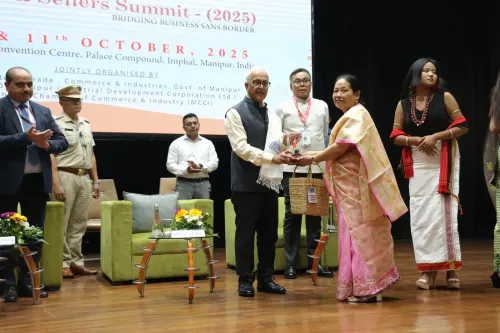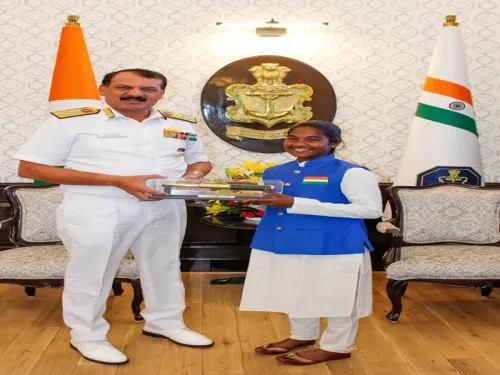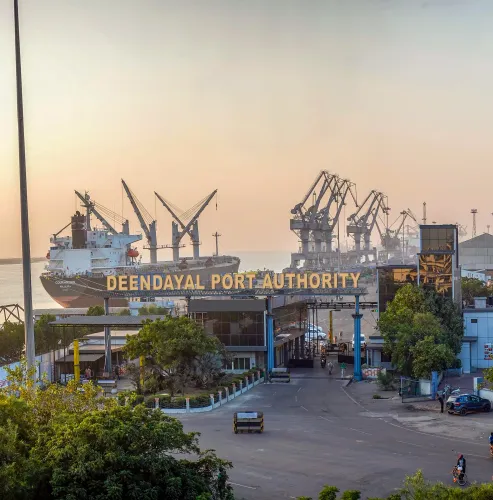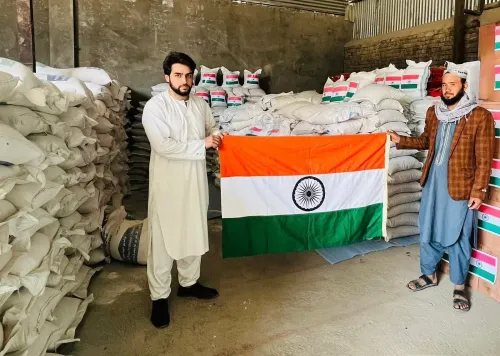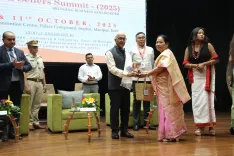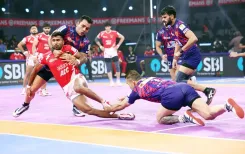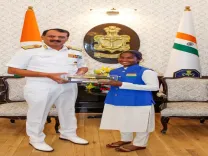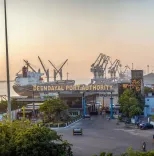Supreme Court Postpones Hearing on PIL Addressing Surge in Lynching and Mob Violence
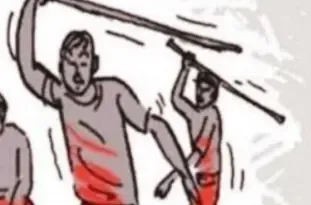
New Delhi, Dec 17 (NationPress) The Supreme Court has decided to postpone the hearing on a public interest litigation (PIL) that requests the Directors General of Police from the states to take swift action in cases concerning lynchings and mob violence, following the instructions set forth by the apex court.
A bench consisting of Justices B.R. Gavai and K.V. Viswanathan could not address the issue due to insufficient time.
According to the computerized case status, this plea is provisionally scheduled for a hearing on January 21.
During the last hearing, the Supreme Court had admonished the state governments of Assam, Chhattisgarh, Telangana, Maharashtra, and Bihar for their failure to submit counter-affidavits.
"We clarify that if the counter affidavits are not submitted by these States, the Chief Secretaries of the mentioned States must be personally present in Court on the next hearing date to explain why action should not be taken against them for failure to comply with the Court's orders," it stated in an order dated November 5.
In April, the apex court had allotted six weeks for various state governments to submit their responses detailing actions taken regarding instances of lynching and mob violence.
"It was anticipated that state governments would at least provide a response outlining the measures taken concerning the reported instances (of lynching and mob violence). Therefore, we grant six weeks for all state governments—who have yet to file their affidavits—to submit their counter-replies and explain what actions have been undertaken regarding the incidents mentioned in the writ petition or interlocutory applications," the Supreme Court had remarked.
Last year in July, the Supreme Court issued notices to the Centre and the governments of Haryana, Madhya Pradesh, Bihar, Rajasthan, Odisha, and Maharashtra. Subsequently, all state governments were included as parties in the PIL based on a motion presented by the Islamic clerics' organization, Jamiat Ulama-i-Hind. The petition requested that a minimum uniform compensation be established by the court for victims or their families, in addition to any amounts determined by the authorities.
"In numerous instances, the only action taken by the authorities is the registration of FIRs, which appears to be more of a formality rather than a genuine initiation of the criminal process," the petition stated.

